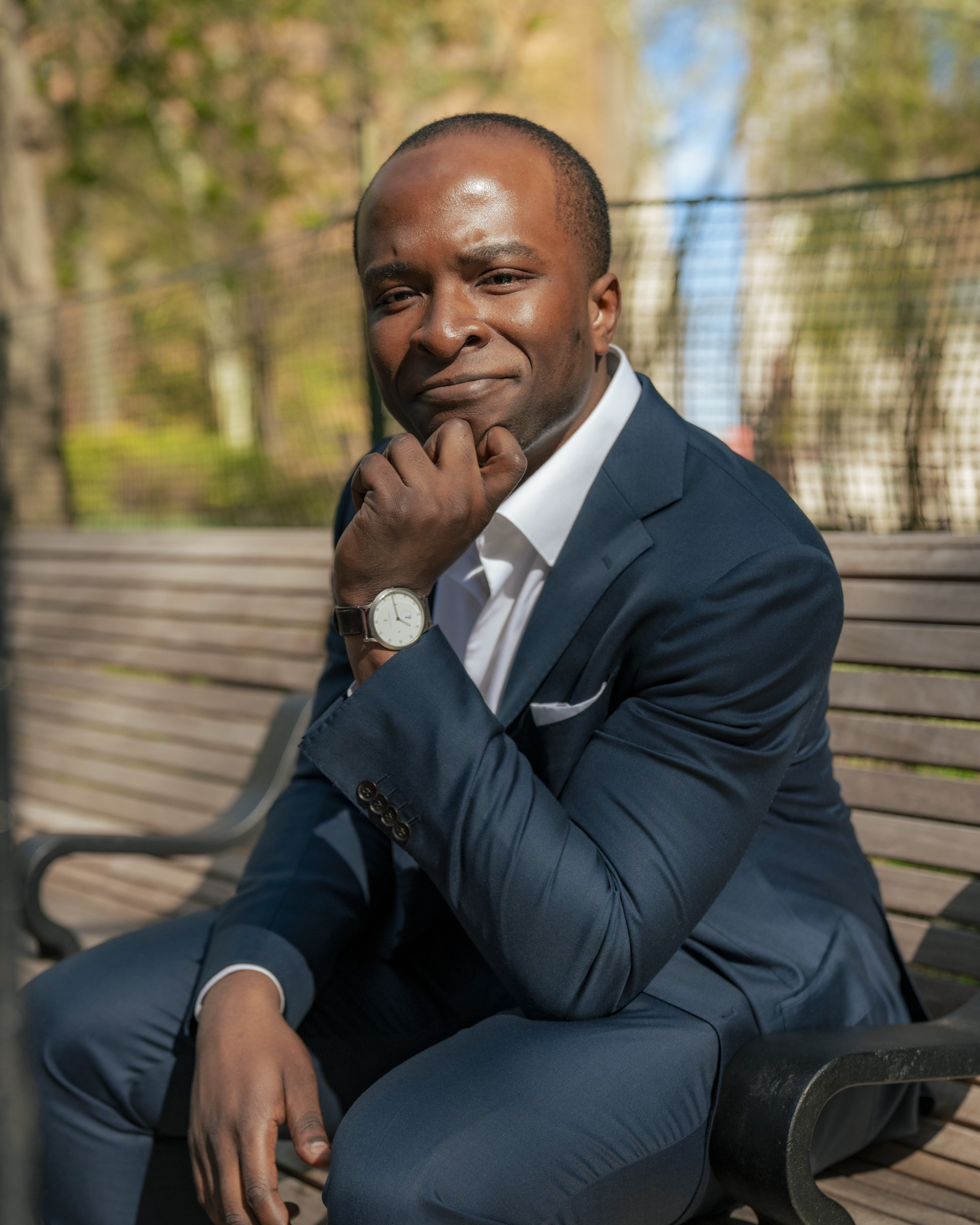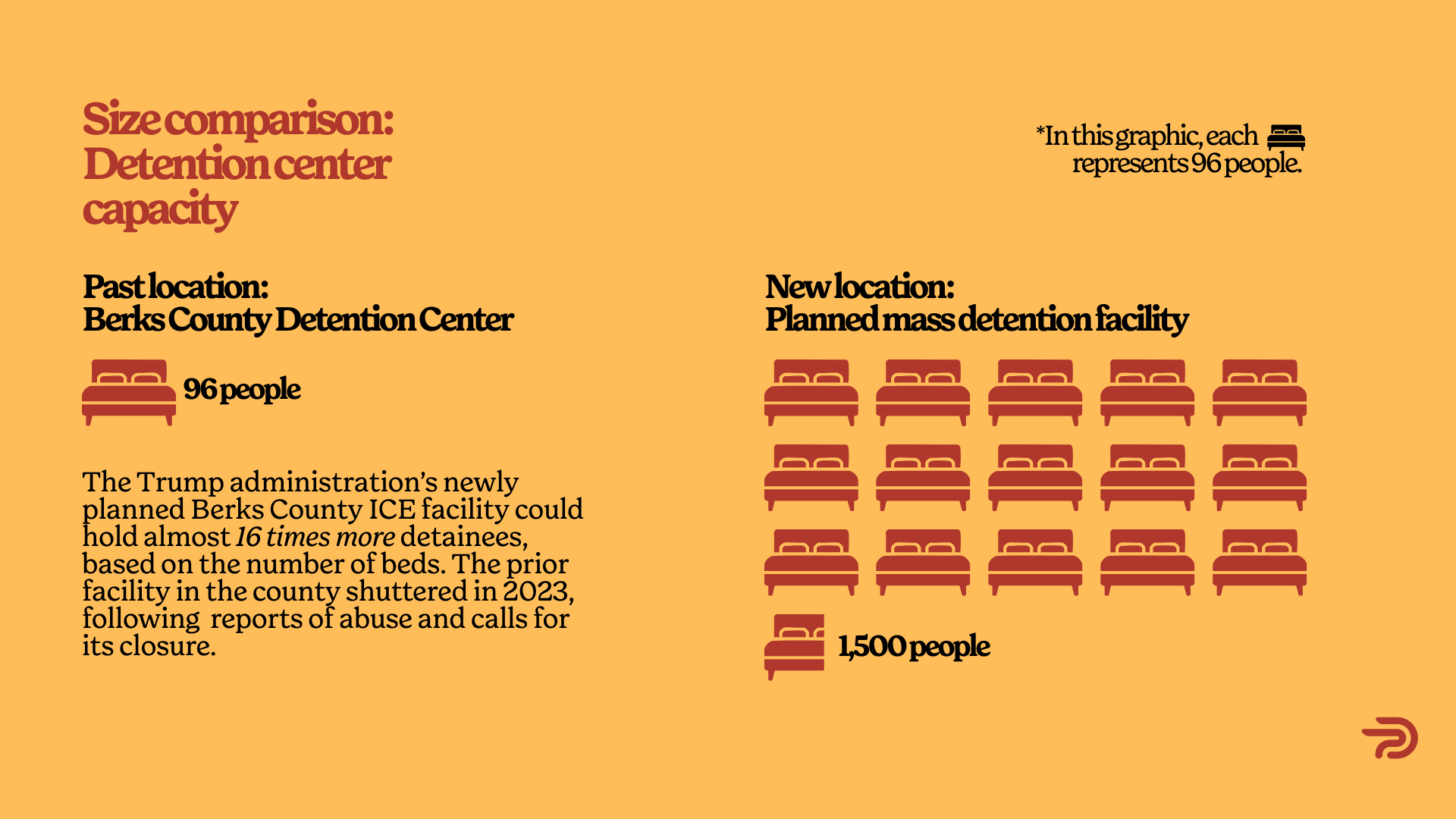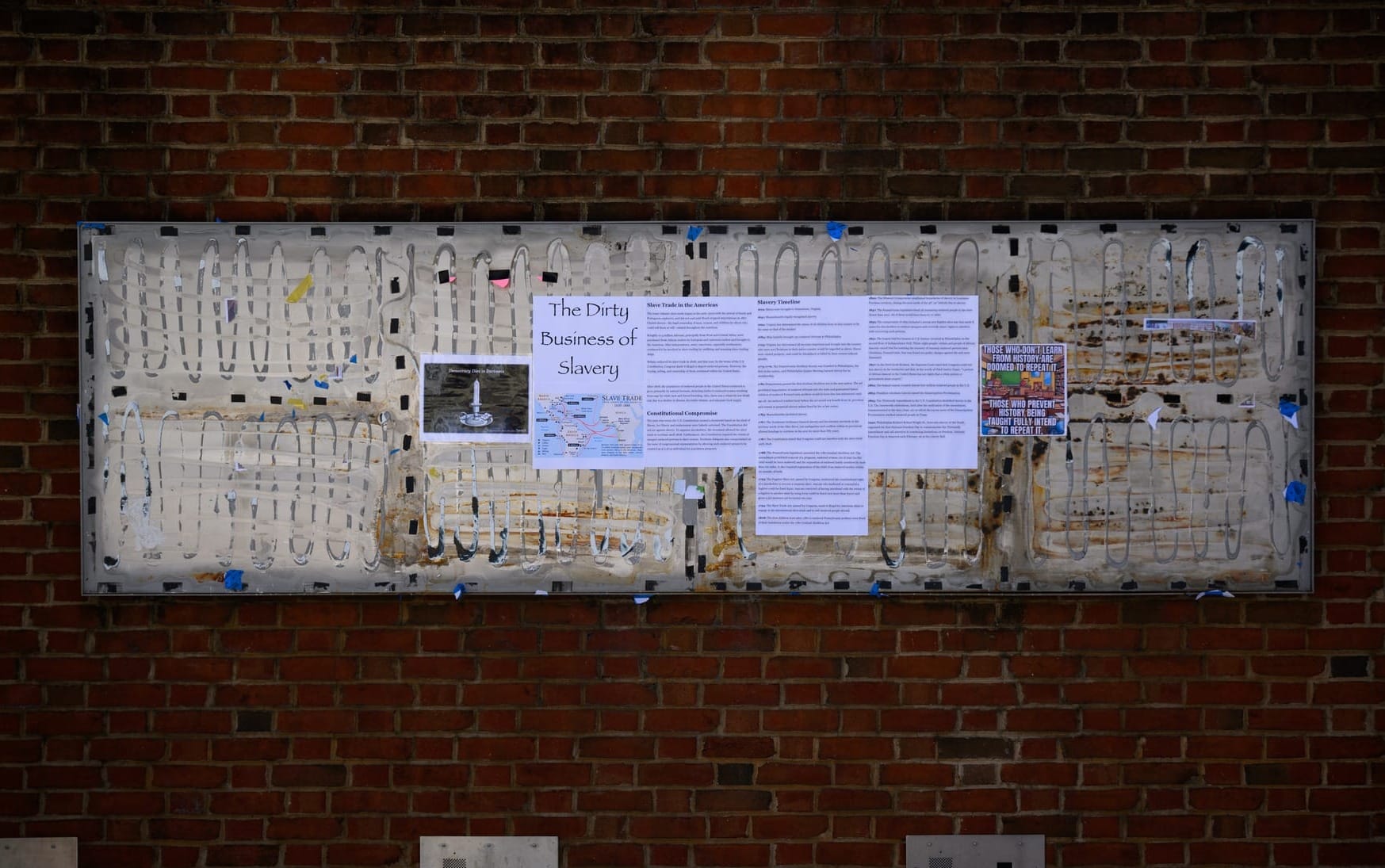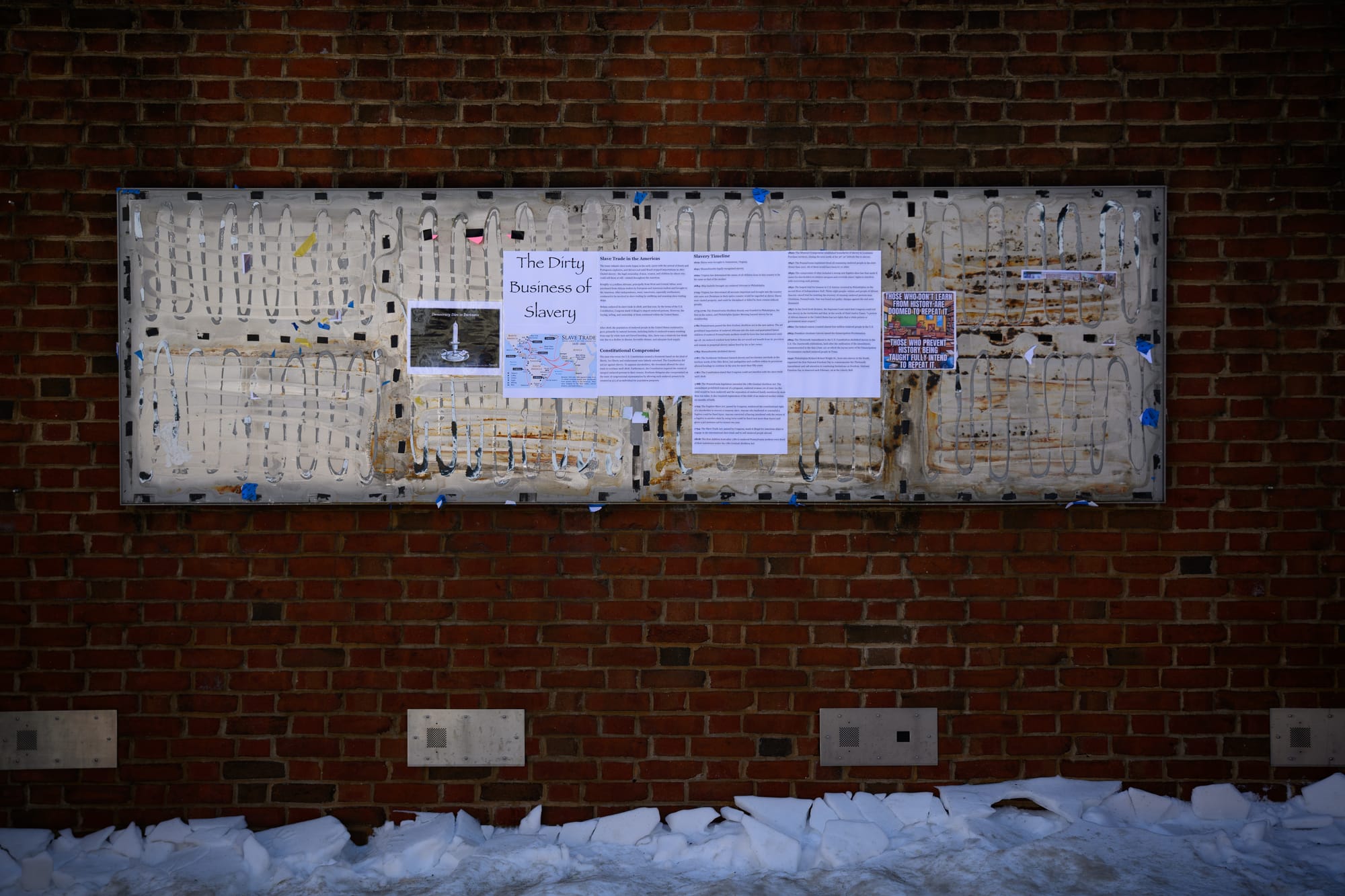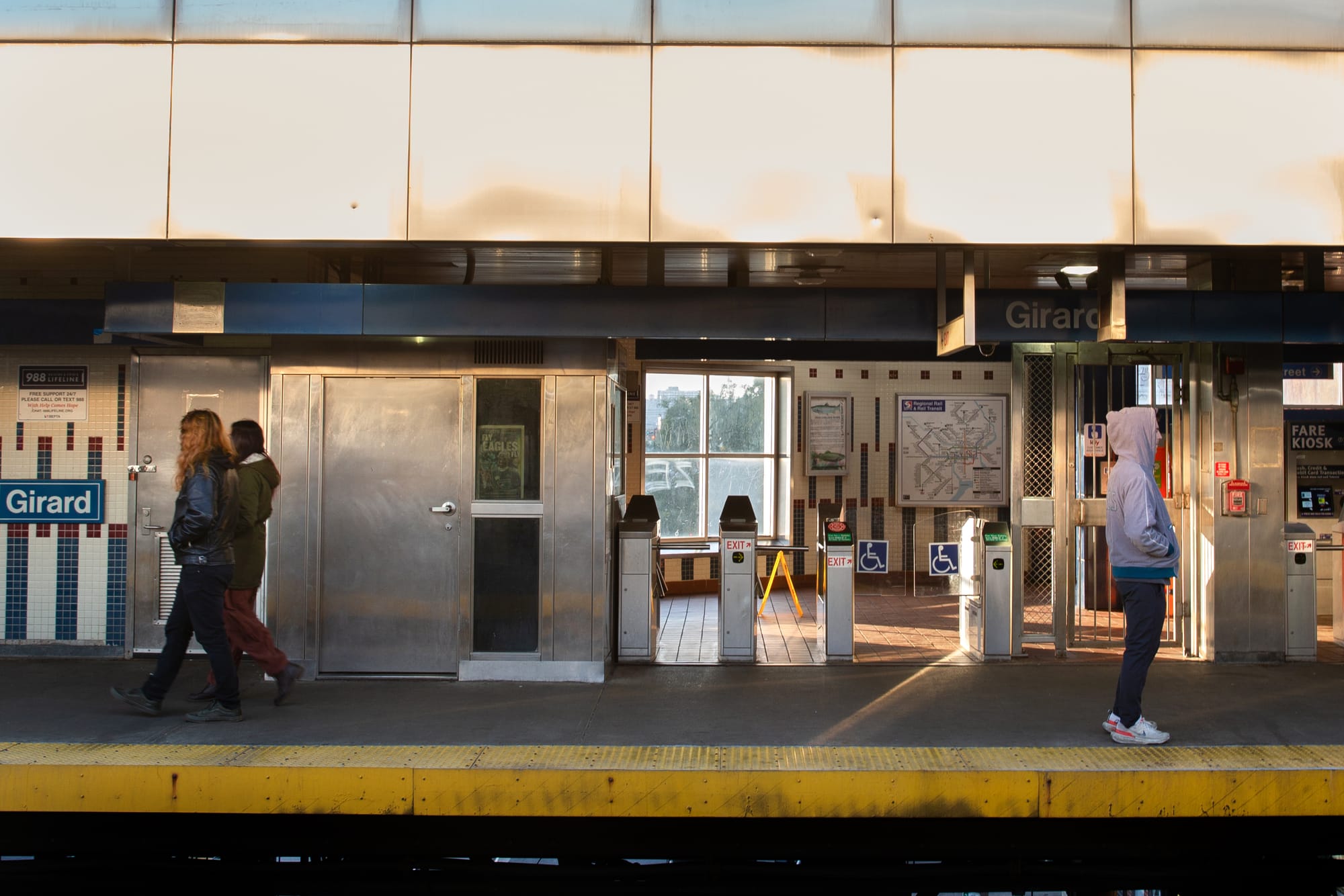What Larry Krasner Got Right About Crime — and Democrats Still Don’t
On Tuesday night, Larry Krasner won the Democratic primary for Philadelphia district attorney, all but guaranteeing a third term in office. It wasn’t close.
On Tuesday night, Larry Krasner won the Democratic primary for Philadelphia district attorney, all but guaranteeing a third term in office. It wasn’t close. Despite a well-funded challenger backed by the city’s building trades and real estate interests, Krasner prevailed decisively.
For progressives, it’s a victory worth celebrating, but also worth studying. Because what Krasner understood better than many of his peers around the country is that defending criminal justice reform today requires more than slogans. It requires progressives to actually fight crime.
Krasner came into office in 2017 as part of a wave of progressive prosecutors promising to end mass incarceration, confront police abuses, and center public health and equity over punishment and prison. That message helped build a national movement. But in recent years, that movement has come under attack. Recall Chesa Boudin’s recall in San Francisco or the state-level intervention against Kim Gardner in St. Louis. The message was clear: progressive prosecution may be popular in theory, but not if people feel unsafe.
That’s what makes Krasner’s victory all the more significant. He didn’t back away from his values. He still opposes the death penalty, still supports ending cash bail, and still speaks of a criminal justice system in need of deep structural repair. But what he foregrounded in this campaign — and what helped him win — was the argument that his approach to prosecution is actually working. Gun violence, after spiking to record highs in Philadelphia just three years ago, is down significantly. Homicides and shootings have declined. The city, as Krasner put it, is “safer and freer.”
That shift in tone was no accident. Philadelphia, like many cities, has been caught in a polarized debate over crime, one that often leaves voters stuck between nostalgia for broken-windows policing and distrust of institutional reform. Krasner understood that to win again, he had to meet voters where they are: not by abandoning reform, but by making the case that reform is delivering real safety. In doing so, he built a broader coalition and reframed the debate. The lesson here isn’t about triangulation, it’s about translating ideals into outcomes people can feel.
But if Krasner’s campaign got the message right, turnout told a harder truth. The city’s Democratic primary saw low voter participation overall, and especially in Black working-class neighborhoods, which once formed the electoral backbone of Philadelphia politics.
This isn’t just a local phenomenon. It echoes the national story from 2024, where Kamala Harris, the first Black woman to lead a major-party ticket, underperformed with Black voters — and particularly with Black men. According to new analysis from the Cook Political Report, Harris’ vote share among Black men dropped by seven points compared to 2020. For a Democratic Party that depends on high Black turnout to win elections, that decline is not just troubling, it’s existential.
So what’s going on? Some of it is policy. Many voters, especially those outside elite bubbles, felt the Biden-Harris administration’s immigration and economic strategies weren’t built with them in mind. Some of it is cultural. There’s a growing sense that Democrats speak more fluently to professional-class anxieties around the diversity of corporate boardrooms than working-class frustrations Black voters face regarding the cost of living and healthcare. And some of it is structural, a party that often runs on autopilot in cities, expecting turnout without doing the work to earn it.
This isn’t to deny the rightward pull of the political environment. It’s to say that the Democratic Party, if it wants to survive this moment, cannot afford to take any part of its coalition for granted. The party needs to rebuild trust with disillusioned voters not through branding exercises or targeted content but through policy and presence. Show up. Deliver. Listen. And don’t just talk about progress, prove that it’s happening, and for whom.
Krasner’s win shows what that can look like. He faced the same attacks that have sunk other progressive prosecutors — too soft, too ideological, too risky. But he didn’t lose the thread. He made a practical case for his principles, not a theoretical one. He ran as a reformer who made the city safer. And in a year where national Democrats are still licking their wounds and wondering how to win back a fraying coalition, that may be the most important lesson of all.
